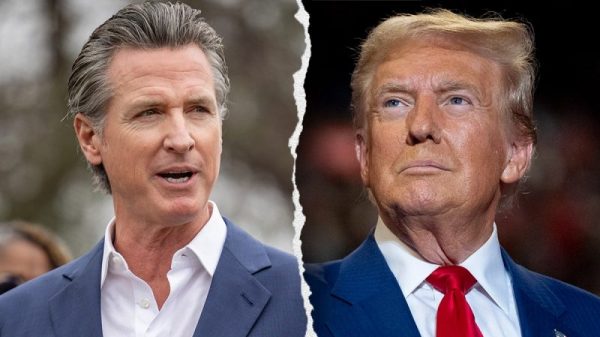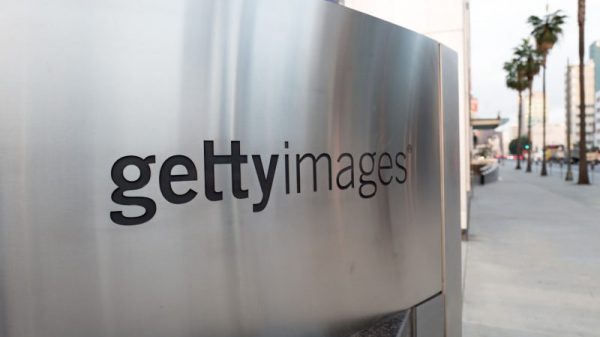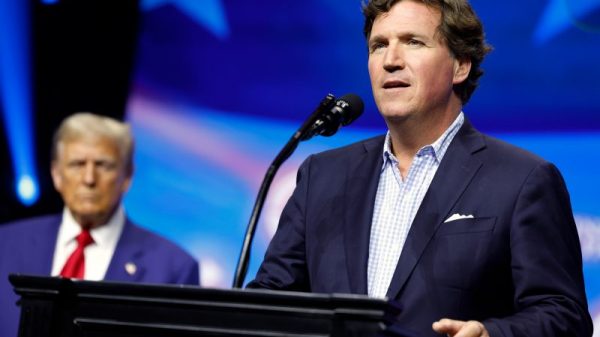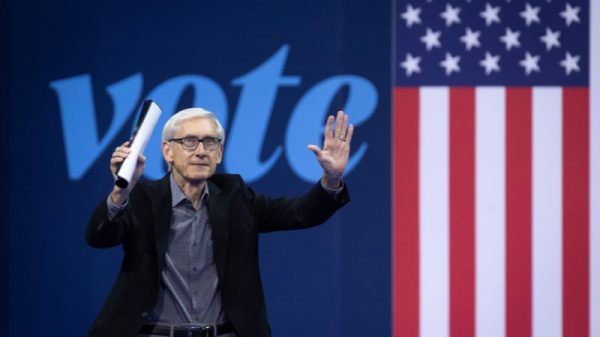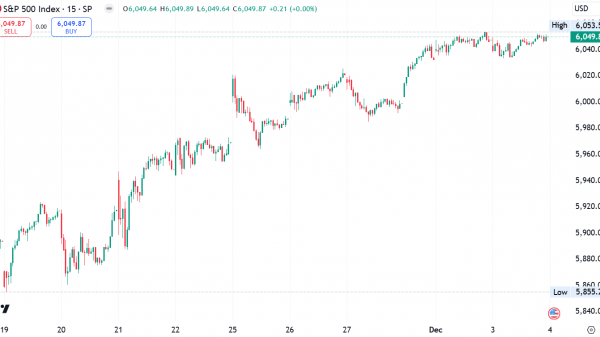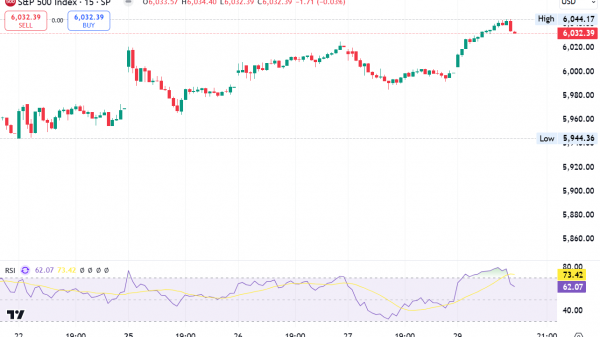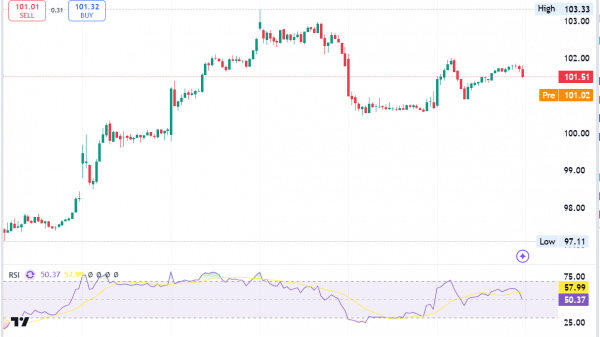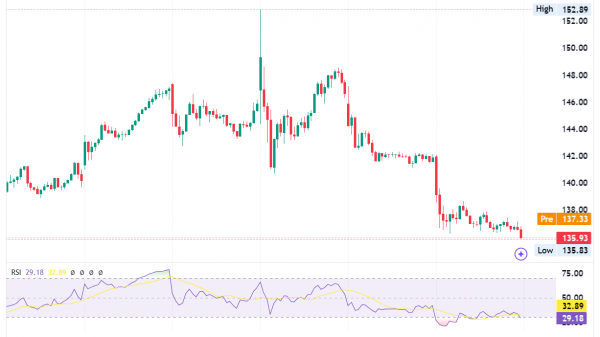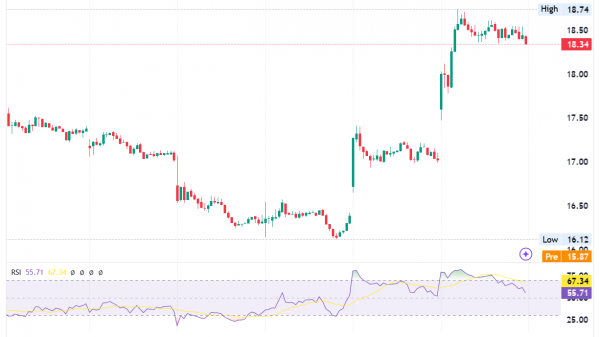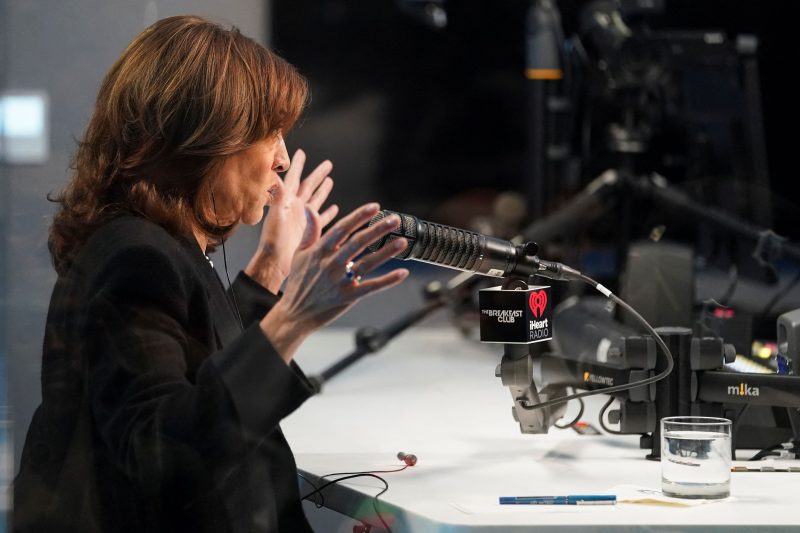Vice President Kamala Harris’s campaign Tuesday rejected claims that she and a co-author had plagiarized a handful of passages in a 2009 book on fighting crime, arguing that the allegations amounted to a partisan attempt to weaponize a 15-year-old work.
The claims arose this week when Christopher Rufo, a conservative activist, listed five instances in the book, “Smart on Crime: A Career Prosecutor’s Plan to Make Us Safer,” saying Harris and co-author Joan O’C. Hamilton used language that was nearly identical to outside sources without proper citation. Rufo cited the work of Austrian “plagiarism hunter” Stefan Weber.
“Some of the passages he highlighted appear to contain minor transgressions — reproducing small sections of text; insufficient paraphrasing — but others seem to reflect more serious infractions,” Rufo wrote.
The claims involved about 500 words out of a 66,500-word book. The sources and statistics that Harris used are attributed in footnotes, but in some instances she and Hamilton did not use quotation marks even though they took language almost verbatim.
Harris was involved in the book — coming up with the concept, sharing her experiences as a prosecutor and district attorney in San Francisco during long interview sessions, and reviewing drafts, according to a person involved in the book, speaking on the condition of anonymity due to the sensitivity of the subject.
But Harris was not involved in the formatting of outside excerpts and citations, which have been the focus of the latest criticisms, the person said, adding that those details would have been handled by her co-author and editors.
A Harris campaign spokesman said Rufo’s allegations amounted to a partisan attack on a small sliver of work from 15 years ago.
“Rightwing operatives are getting desperate as they see the bipartisan coalition of support Vice President Harris is building to win this election, as Trump retreats to a conservative echo chamber refusing to face questions about his lies,” campaign spokesman James Singer said in a statement. “This is a book that’s been out for 15 years, and the Vice President clearly cited sources and statistics in footnotes and endnotes throughout.”
But Republican nominee Donald Trump’s running mate, Sen. JD Vance (R-Ohio), mocked Harris over the allegations, posting on X, “Hi, I’m JD Vance. I wrote my own book, unlike Kamala Harris, who copied hers from Wikipedia.” The Washington Post recently examined many aspects of Vance’s book, which triggered mixed reactions in his hometown and included several accounts that could not be independently verified.
Accusations of plagiarism can become politically damaging — they helped derail President Joe Biden’s presidential campaign in 1987 — and potentially invite questions about a candidate’s honesty. But in this instance, according to several experts, the passages appear the result of sloppy work rather than a malicious attempt to steal someone’s ideas.
“It’s nuanced,” said Jonathan Bailey, a copyright and plagiarism consultant who has examined the claims about Harris’s work. “It’s not nearly as serious as accusers want it to be — and it’s not the nothingburger that the Harris campaign wants it to be, either.”
Bailey, the publisher of Plagiarism Today, a website focusing on plagiarism online, said that in most instances, Harris and her co-author provided a citation but did not put the text in quotation marks. “Some of these passages were most likely where one of the authors pasted text in, didn’t clearly mark it, and co-mingled material with their own,” he said.
Bailey said such errors are not uncommon in material written from the late-1990s to around 2010, a period when electronic research became more common but plagiarism detection had not yet emerged.
“It’s sloppy. It’s bad. But I don’t think it’s evidence of deliberate and malicious plagiarism,” Bailey said. On a scale of 1 to 10 in terms of egregiousness, he added, “I’m thinking in the 3-to-4 range. Not nothing, but if it were anybody else on the planet, I don’t think we’d have any alarm bells at all right now.”
“Smart on Crime” was published in 2009 at a time when Harris’s career was taking off as she rose from district attorney of San Francisco to attorney general of California. The book features Harris on the cover, but it also lists Hamilton, a California-based writing collaborator and content consultant, as a co-author. Hamilton declined to comment and referred questions to the Harris campaign.
In one passage outlining crime-fighting efforts in High Point, N.C., the authors use six sentences that are identical to those in a news release by the John Jay College of Criminal Justice. The book cites the release as a source in the footnotes a few paragraphs later but does not include quotations around the section that was lifted from it.
Rufo, a prominent right-leaning activist, played a central role in the push by conservatives to highlight Critical Race Theory as emblematic of what he sees as the problems with progressives’ approach to education and race. CRT argues that racism in the United States is systemic and not just rooted in individual bigotry — an idea that some find self-evident and others deeply objectionable.
In part because of such arguments, Rufo has become an in-demand activist who has advised numerous Republican and conservative candidates, from school boards to state legislatures to Congress.
He also played a role in pressing Harvard University to oust its former president, Claudine Gay, with accusations that, as a doctoral candidate in the 1990s, she had plagiarized sections of her dissertation. “While her resignation is a victory, it is only the beginning,” Rufo wrote in a Wall Street Journal op-ed after Gay stepped down.
Some analysts dismissed the claims about Harris’s work in part because they are being promoted by Rufo, whom they consider highly biased.
“I’m dismayed that he’s at it again,” said Susan Blum, a professor of linguistic anthropology at the University of Notre Dame and author of “My Word! Plagiarism and College Culture.” “Without also looking at books Trump published or JD Vance published and taking this kind of approach to everyone in public life — then I think we can talk about it.”
Bailey added that the brevity of the passages makes it unlikely that any lack of attribution reflected an intentional effort to improperly take credit.
“Ultimately we’re talking about not very many words in a very long book, which to me means it’s more likely poor writing,” Bailey said. “You’d expect these to be more apparent throughout the book if this was malicious intent to plagiarize.”





